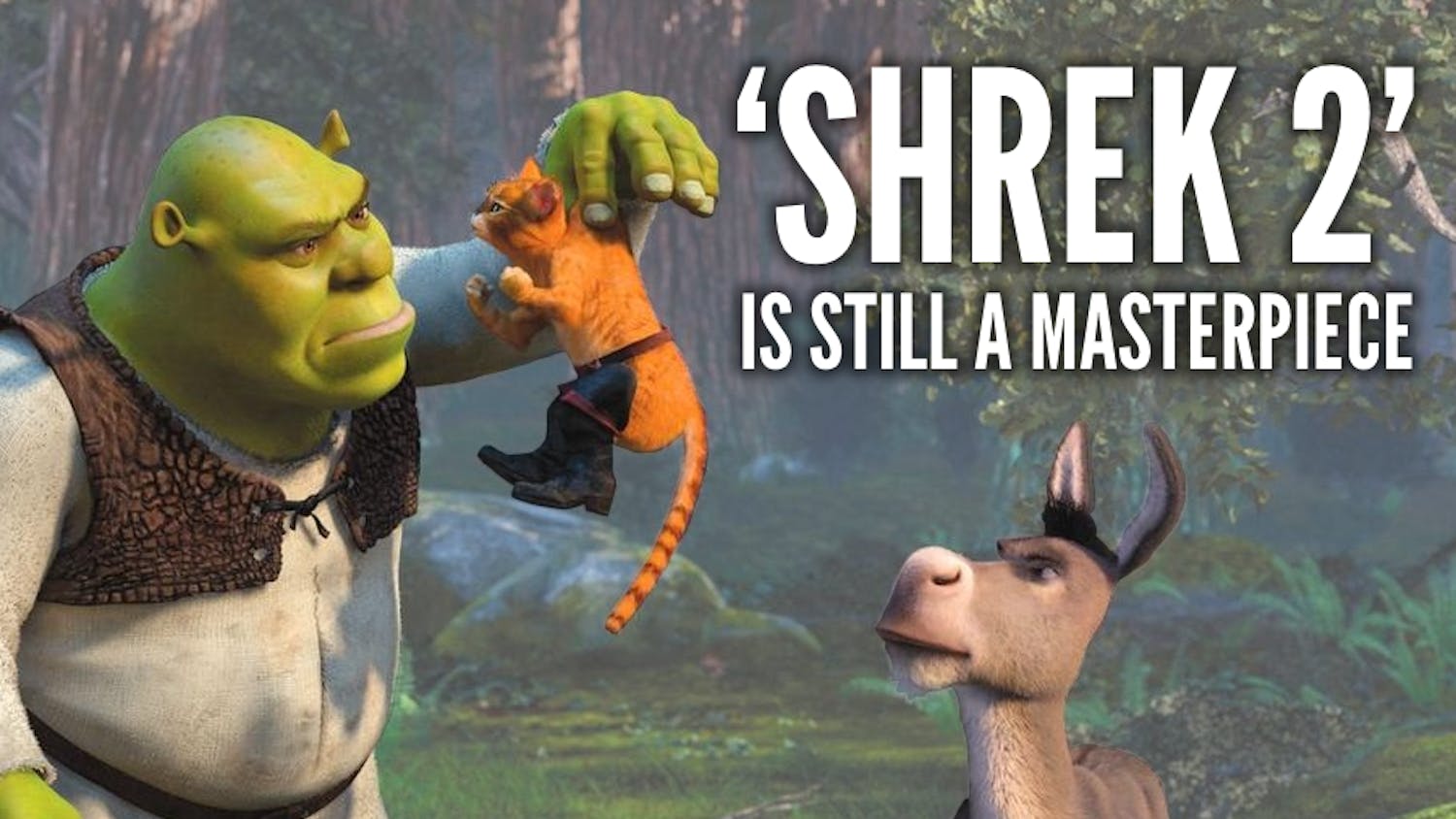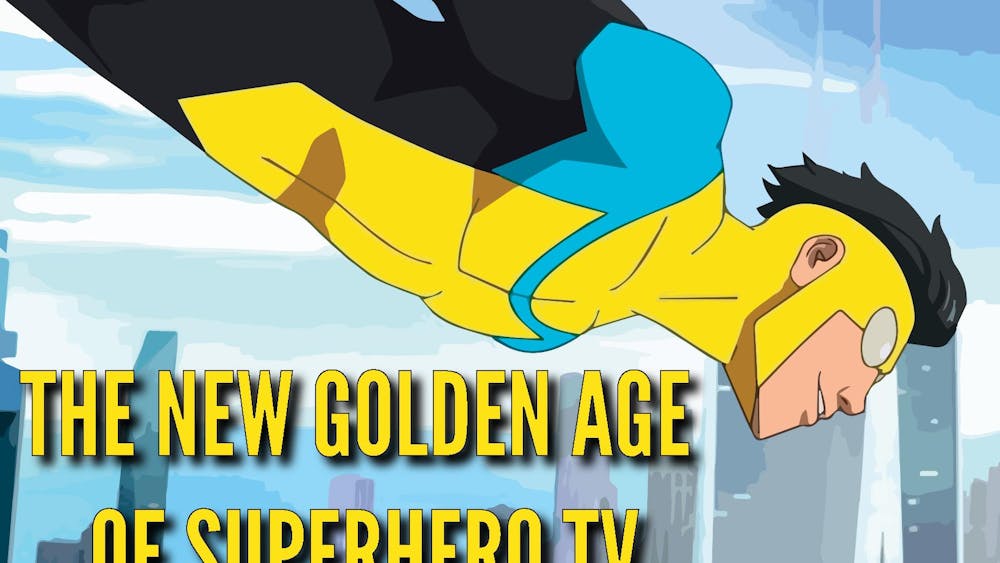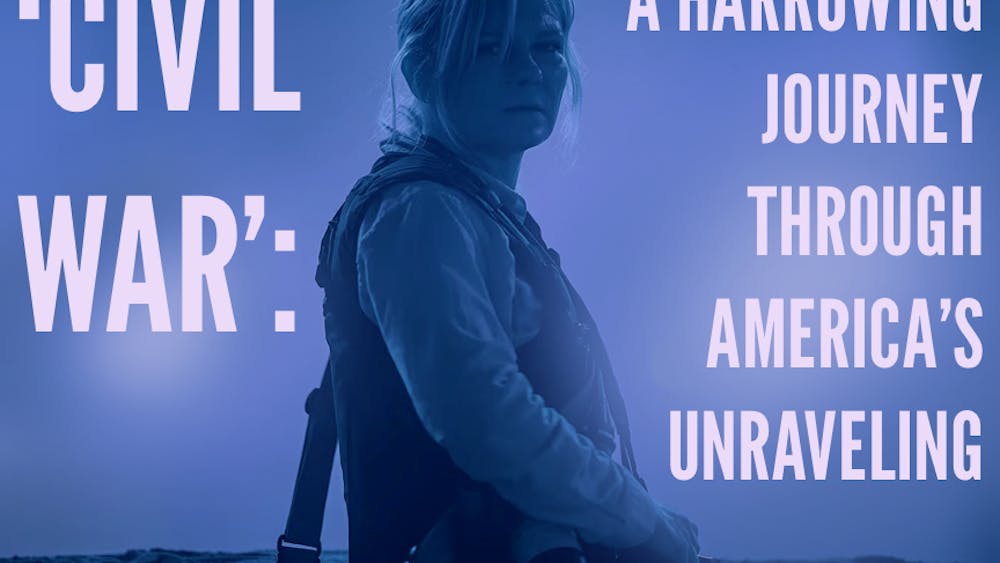
This week, Scene has exhumed a series of albums from decades past in a resurrection of “The Kickback” series. It’s a fun exercise — revisiting the annals of music’s beautifully tumultuous history is always rewarding. Yet it seems my turn to look back is bit different: My kickback period encompasses only the past five years. As I wrestled with the concept of “revisiting” a relatively recent album, I ended up just settling on my favorite from the period: Vampire Weekend’s “Modern Vampires of the City.” Aside from the fact I have never covered the “fab four” (an ambitious comparison I know, but they are, like, my favorite band), this is an album I hope to be revisiting for a long time, so why not start now?
“MVOTC” plays like an ethereal dream, a beautiful little haze of Ezra Koenig’s philosophical poems enveloped by a quilt of masterly woven harmonies, courtesy of musical genius, Rostam Batmanglij. It is in this Paul-John dynamic (OK, last Beatles comparison, I promise) that the magic happens. Both musically and thematically, the album stands as Vampy Weeks’ most ambitious and dynamic work to date.
Beginning with the opening track, “Obvious Bicycle,” a subtle song with muffled percussion and a simple piano refrain dancing in the background, “MVOTC” proves the band is on ambitiously building on the past. Tracks like “Finger Back” and “Diane Young” feature the classic head-bobbing choruses and crisp production, but there’s a new sense of identity. It seems it took three albums for the Columbia grads to fully establish their sound. Songs like “Step,” “Hannah Hunt” and “Young Lion” feature a much more relaxed ambiance than their previous works; peacefulness seems to permeate the entire production. Though, to clarify, this is not to say the album is dull — in fact, it’s anything but.
Still, all is not well in dream world, the final addition to the album trilogy is the darkest to date. Vampire Weekend is no longer the band playing quirky pop ditties in Columbia’s cramped frat houses. The whimsical frat-boy mantras so characteristic of the group’s first two albums are shed for a more sophisticated outfit. But with maturity comes abrasive reality. Religious doubts, the failing of relationships and the fear of aging are just a few examples of themes that hit a poignant chord throughout the album.
One song in particular, “Ya Hey” — a reference to Hebrew word for God, “Yahweh”— is particularly striking in this regard. Like the existential crisis many college students experience, it seems Koenig has been through something similar, as he gracefully inquires, “You won't even say your name / Only ‘I am that I am’ / But who could ever live that way?” Unlike college students though, Koenig never appears presumptuous with his lofty ideals; every thought comes off just as genuine as it is stimulating.
Lucky for me, I had a chance to catch these philosophical groovesters live back in my high school days, right before the release of “MVOTC.” The show was an installment of the “Amex UNSTAGED” series and was directed Steve Buscemi, a supposed relative of bassist Chris Baio. Opening the show was SNL great Fred Armisen performing under the nom de plume, “Ian Rubbish,” a Sex Pistol wannabe whose interests include putting his boot in the faces of policemen and praising Margaret Thatcher.
If anything about the show seems a bit strange, that’s because it was — but that was one of the appeals. Throughout three critically and publicly acclaimed albums, Vampire Weekend is a band that, at its core, refuses to take itself too seriously. The juxtaposition of this innocent bliss and the deeper, provocative messages in “MVOTC” is exactly why I always have, and always will be able to “kick back” to this wonderful album.













